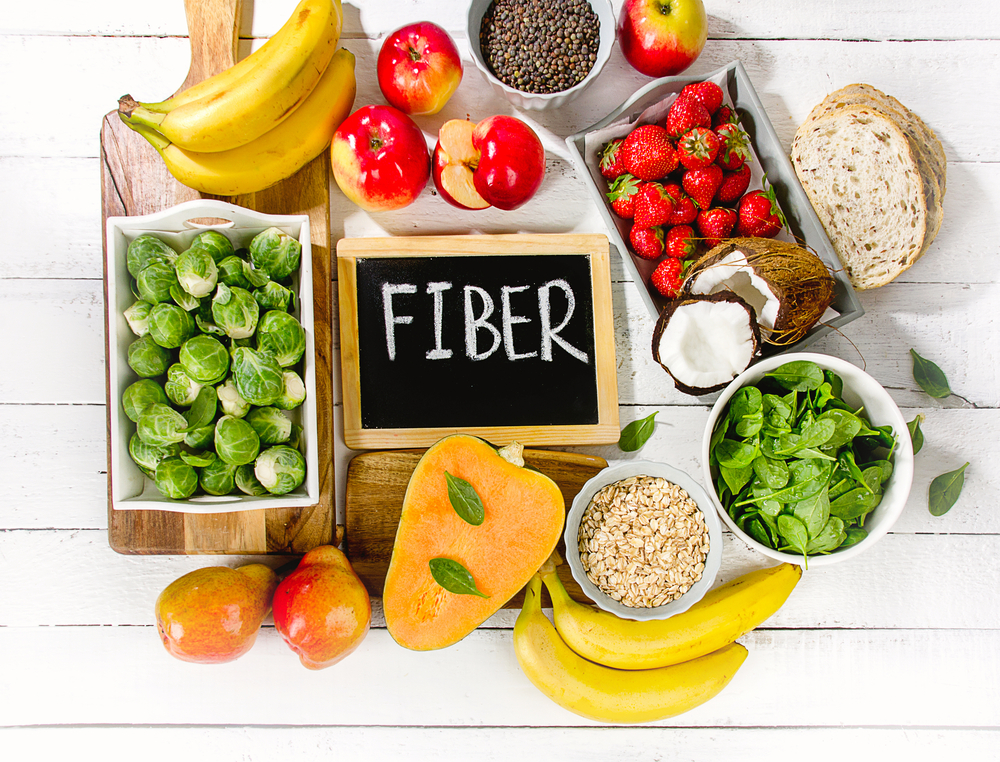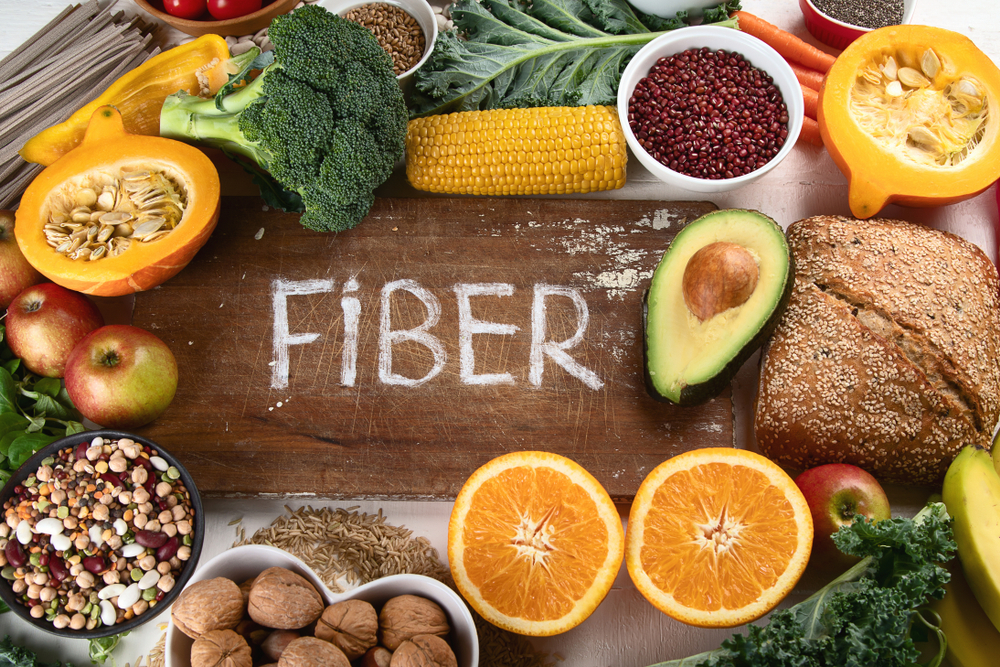Most of us may have heard that it is good to eat foods that are rich in fiber. Why so? It supports the gut and overall health, influencing weight management, immunity, metabolic function, and even autoimmune conditions like inflammatory bowel disease . Fibers are of two main types: soluble and insoluble, each with distinct roles in supporting a healthy gut and body.1 Let us understand more.
What is Dietary fiber?
Dietary fiber is the part of plant-based foods that the body can’t digest. It passes through the stomach and small intestine relatively intact, making its way to the large intestine, where it has powerful benefits. Soluble and insoluble fibers contribute to our health in unique ways, hence maintaining a balanced intake of both types essential.1,2
Soluble fiber: The Gut’s Friendly Helper
As the name suggests, soluble fiber is the fiber that easily dissolves in the water. In the gut, it forms a gel-like substance which helps slow digestion.2 This creates a medium where beneficial gut bacteria (probiotics) can thrive. Prebiotics are a type of soluble fibers that provide nourishment to gut bacteria.3
Benefits of Soluble fiber2,5:
- Feeds Beneficial Gut Bacteria: It provides food for the good bacteria in the gut. This promotes a healthy microbiome, supports digestion, immunity, and preventing inflammation.
- Softens Stool Consistency: Soluble fiber absorbs water, softens stool, makes it easier to pass, and prevents constipation.
- Helps Regulate Blood Sugar: It slows the absorption of sugar, which helps in sugar control. Stable blood sugar contributes to overall gut health, as blood sugar imbalances can disrupt digestion and can be accompanied by conditions like leaky gut6.
Which foods provide Soluble fiber?: Oats, barley, peas, and fruits like apples, pears, and legumes are excellent sources of soluble fiber.2,4
Insoluble fiber: The Backbone of Gut Regularity
Insoluble fiber doesn’t dissolve in water. Instead, it adds bulk to the stool and helps the food move quickly through the digestive tract, thereby promoting regular bowel movements and preventing constipation..2
Benefits of Insoluble Fiber2:
- Adds Bulk to Stool: Supports regularity and easier stool passage.
- Speeds Up Intestinal Transit: It prevents sluggish digestion and helps in constipation by hastening the movement of the food down the digestive tract.
Which foods provide insoluble fiber?: Nuts, leafy vegetables, whole grains, and nuts are rich sources of insoluble fiber.2,4

Why Balance Matters for Gut Health
For optimal gut health, it’s essential to maintain a balance between soluble and insoluble fiber. The combination of the two fiber types promotes smooth digestion, appropriate nutrient absorption, and a healthy gut microbiome. An imbalance, such as having too much of one type or not enough of another, can cause digestive pain, such as bloating, gas, or constipation. A fiber-rich diet keeps the gut nourished and functioning optimally.
Finding the Right fiber Supplement
Incorporating fruits, salads and other whole foods like nuts adds to individual’s fiber intake, but in today’s busy world, many cannot achieve it due to the daily hustle. Prebiotic supplementation can be a great option and choosing food products with ingredients such as fructooligosaccharides (FOS) and Inulin can help reaching the fiber intake goals. Seeking opinion of a health care expert can guide you towards understanding the right balance between the type of fibers, suitable according to your needs.
References:
- Zhang F, Fan D, Huang J, Zuo T. The gut microbiome: linking dietary fiber to inflammatory diseases. Medicine in Microecology. 2022;14(2590-0978):100070. doi:https://doi.org/10.1016/j.medmic.2022.100070
- Yusuf K, Saha S, Umar S. Health Benefits of Dietary Fiber for the Management of Inflammatory Bowel Disease. Biomedicines. 2022;10(6):1242. doi:https://doi.org/10.3390/biomedicines10061242
- Davani-Davari D, Negahdaripour M, Karimzadeh I, et al. Prebiotics: Definition, Types, Sources, Mechanisms, and Clinical Applications. Foods. 2019;8(3):92. Published 2019 Mar 9. doi:10.3390/foods8030092
- West Suffolk NHS Foundation Trust. Colorectal & Stoma Care Services.; 2021. https://www.wsh.nhs.uk/CMS-Documents/Patient-leaflets/ColorectalandStomaCare/5147-2fiber.pdf
- CDC. Fiber: The Carb That Helps You Manage Diabetes. Diabetes. Published May 13, 2024. https://www.cdc.gov/diabetes/healthy-eating/fiber-helps-diabetes.html
- Hu R, Yuan Y, Liu C, Zhou J, Ji L, Jiang G. New insights into the links between anti-diabetes drugs and gut microbiota. Endocr Connect. 2021;10(1):R36-R42. doi:10.1530/EC-20-0431

